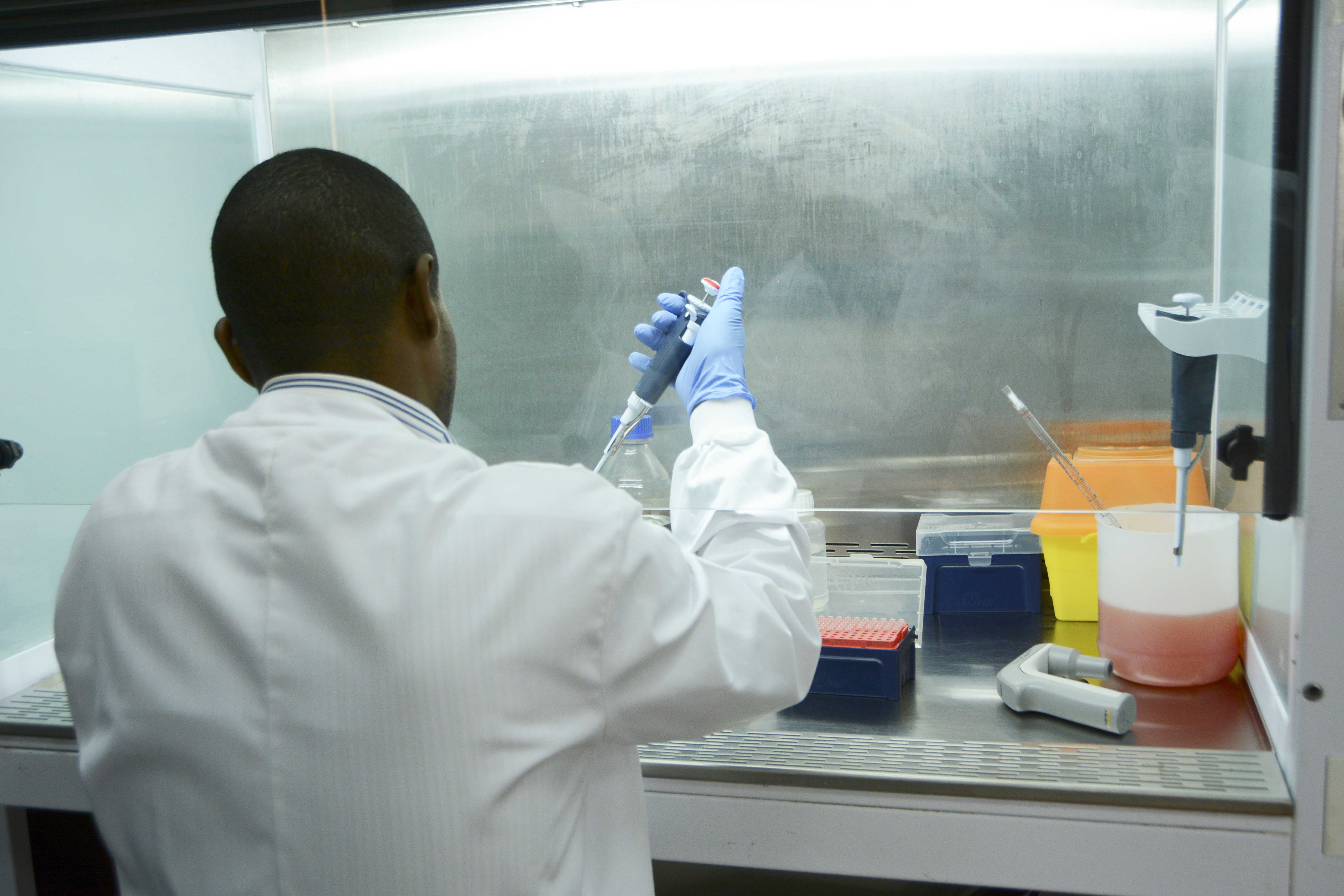Around 82 million People in Africa are living with Hepatitis B a virus that can lead to two potentially fatal health problems, liver cancer, and extensive liver damage (Cirrhosis). While Hepatitis B is treatable, treatment is subject to evidence of advanced liver damage usually shown by elevated Hepatitis B virus in the blood. In a study published in Nature Communications, a group of researchers have investigated whether the use of a combination of cheap and accessible blood tests in Africa, can improve care of patients with Hepatitis.
Co-author in the study, Dr. Alexander Stockdale a Senior Clinical Lecturer at the University of Liverpool (UoL) and Malawi Liverpool Wellcome Programme (MLW), explained that “Our study aimed to answer the question: can we diagnose advanced liver fibrosis in the Africa region, using routinely available and low-cost blood tests for patients with hepatitis B?”. This question is critical to make decisions about which patients should start antiviral treatment.
The researchers who make up a collaborative network called HEPSANET (Hepatitis B in Africa Collaborative Network) say that while the global hepatitis B elimination strategy developed by the World Health organization (WHO) has now been adopted by most countries worldwide, unfortunately, the African continent has been left behind in the fight against hepatitis B although it carries a high burden of preventable disease and new infections.
The study found that the existing World Health Organisation guidelines from 2015, which recommend a simple biomarker called APRI to assess liver injury, is not adapted for the African population. The authors propose to lower the treatment decision threshold of this biomarker for African patients and call for hepatitis B guidelines to be better adapted to the African setting.
The researchers collected and analyzed data collected from 12 sites in 8 African countries namely: Burkina Faso, Ethiopia, The Gambia, Malawi, Nigeria, Senegal, South Africa, and Zambia.
Co-author Dr Marc Henrion, a Senior Lecturer in biostatistics at the Liverpool School of Tropical Medicine and Malawi Liverpool Wellcome Programme, said: “Our study really illustrates the power in systematically pooling all available data on a given research topic and analysing them together using robust statistical models. In our case, we have comprehensively shown that existing WHO diagnostic guidelines using the APRI biomarker are inadequate for sub-Saharan African populations.”
The study paper can be accessed through this link Systematic review and individual-patient-data meta-analysis of non-invasive fibrosis markers for chronic hepatitis B in Africa | Nature Communications
In Malawi which is one of the countries from which data was obtained for this study, Hepatitis B is prevalent in 5% of the adult population according to a recent study from MLW (link : https://academic.oup.com/jid/article/226/5/871/6424415). However, screening and treatment are still very limited and as such Hepatitis B has been characterized as a neglected tropical disease.



